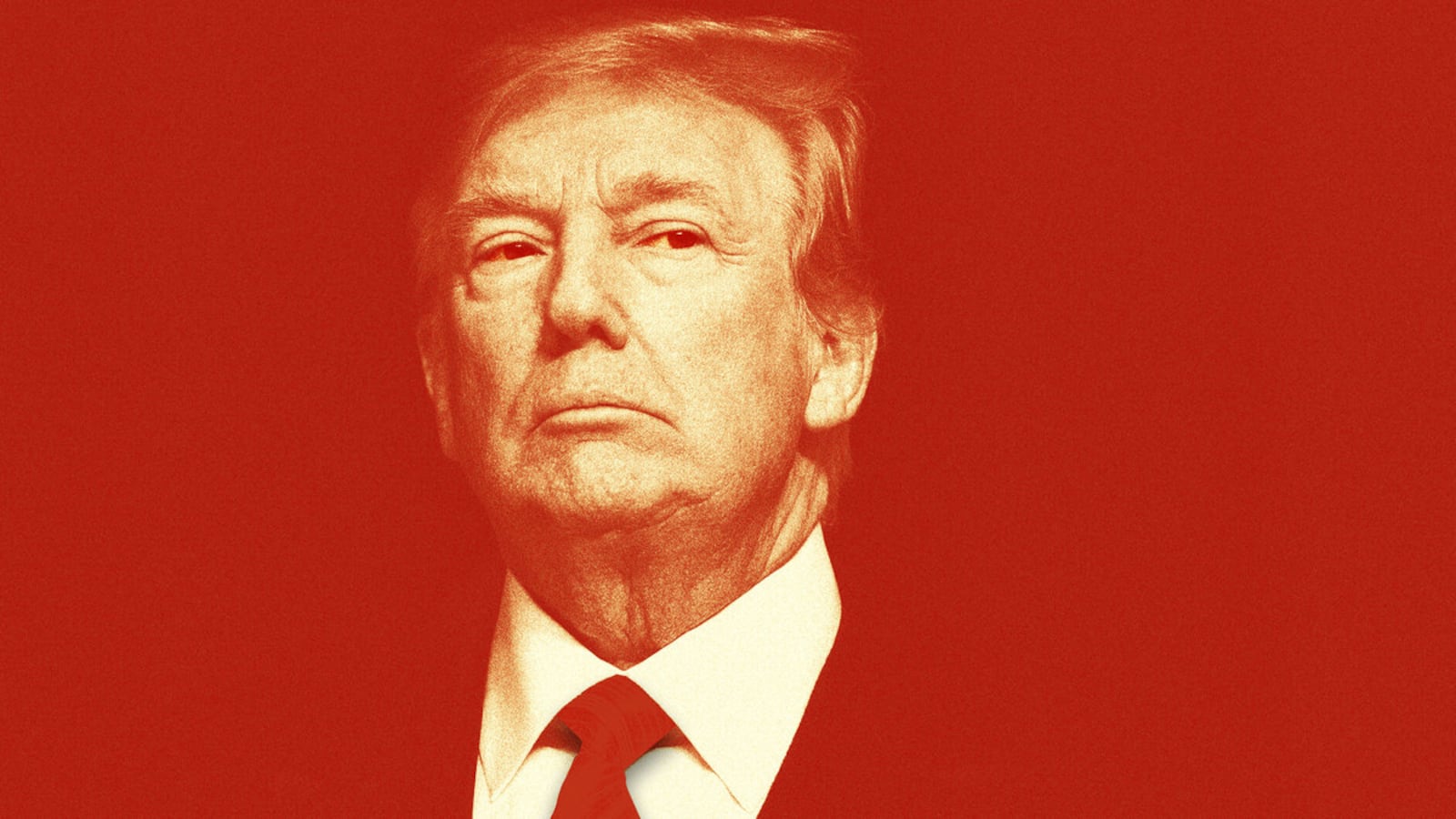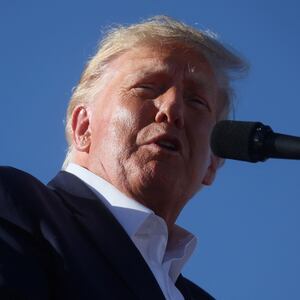The E. Jean Carroll trial against Donald Trump for rape and defamation began poorly for the former president, with opening statements by lawyers for both parties starting with Trump’s decision to not bother showing up in person.
Trump does not have to attend the trial and his decision not to likely reflects a strategic choice to show that he is above the allegations, calculated to send a not-so-subtle message to the jury that the claims are not serious enough to even warrant his attendance. This is a mistake on Trump’s part and unlikely to go over well with the jury. After all, they have to be there because of him so why shouldn’t he be there?
As a former sex crimes prosecutor, it’s my experience that juries take their obligations in allegations of sexual assault very seriously and work conscientiously to objectively and dispassionately evaluate the evidence each case. Credibility determinations are a particularly important factor in such cases and a big part of that is the demeanor of parties both on and off the stand. In preparing witnesses for court, I always impress upon that every moment the jury or judge can see them counts.
In court today, E. Jean Carroll was in full view of the jurors with her gaze “fixed on Tacopina [Trump’s lawyer]” during his opening. Carroll’s presence signaled to the jury that she stands behind her allegations and that she is unafraid to let them see for themselves her demeanor and reactions. Thus the jurors had no view of Trump to compete with the sexual predator that Carroll’s lawyer portrayed him to be other than the attacks on Carroll’s character made by Trump’s attorney, Joe Tacopina. Trump’s absence made Tacopina his stand-in for the start of the trial and while his blustery style might make him an excellent choice as a debate practice stand-in for Trump, it is unlikely to be helpful in a case where Trump is accused of rape (sexual battery) and defamation.
Tacopina’s opening statement unsurprisingly focused on the age of the allegations–the alleged rape occurred nearly 30 years ago–and tried to suggest that Carroll had not gone public with the allegations (or to the police) because the assault had never happened. But it is now fairly commonly accepted that sexual assault survivors suppress the experience so Tacopina’s argument that silence equals lying is likely not going to get much traction.
Making matters worse was his claim that the Carroll’s story also should not be believed because staff or other customers in the store would have noticed or heard a sexual assault. This point, however, is just a dog-whistle to the idea that sexual assault victims cannot be believed if they did not “fight back”–a misogynistic viewpoint that will seem exactly that to a jury. Tacopina’s other arguments involved the standard celebrity defense of claiming that Carroll fabricated the accusations to gain money and/or fame.
This defense is better suited for a one-off type of complaint. Here, the defense will be severely undermined for Trump because of the evidence of other victims of Trump’s alleged sexual predation that Carroll’s attorneys will be allowed to present under a federal rule of evidence specific to “similar conduct evidence” in civil cases involving sexual assault or child molestation. Specifically, two other women will be allowed to testify about Trump’s alleged assaults on them. Writer Natasha Stoynoff will testify claiming Trump forcibly kissed her against her will while he was showing her around his Florida home for a 2005 article and businesswoman Jessica Leeds will testify that Trump grabbed her breasts and tried to put his hand up her skirt when the two were in a first-class cabin during an airplane flight in the early 1980s. Such evidence places Trump in the position of having to discredit not one victim but three–all of whom recount assaults that have the similar circumstances of having occurred in relatively public places.
This type of evidence in trials is enormously damaging to defendants in sexual assault cases. For example, in the first Bill Cosby rape trial, the prosecution was only allowed by the judge to introduce one woman besides the victim to testify about Cosby’s alleged sexual assault and the jury hung. In the second trial, the prosecution was allowed to introduce the testimony of five other women besides the victim, who testified about Cosby’s assaults. The second jury convicted Cosby. Precisely because of the explosive effect of such evidence of a defendant’s conduct, judges must be careful how much evidence will be let into a case and carefully control its use. Reckless use of such evidence may result in a verdict against the defendant which may face significant risk of being overturned on appeal.
Finally, the defamation claim by Carroll being heard in the same case as the rape allegations put Trump in a particularly difficult posture. His statements in 2022 that Carroll is lying about the sexual assault because she is not his type plays right into the idea that he would have felt free to assault her if she was “his type.” That is near exactly the type of thinking he disclosed in the now infamous Access Hollywood tape where he said that being a celebrity meant he could freely grope women without their consent.
Jury trials are impossible to accurately predict even for the most seasoned litigators. They are always a roll of the dice for both sides. But the E. Jean Carroll case against Trump is looks like the beginning of a bad roll for Trump.








